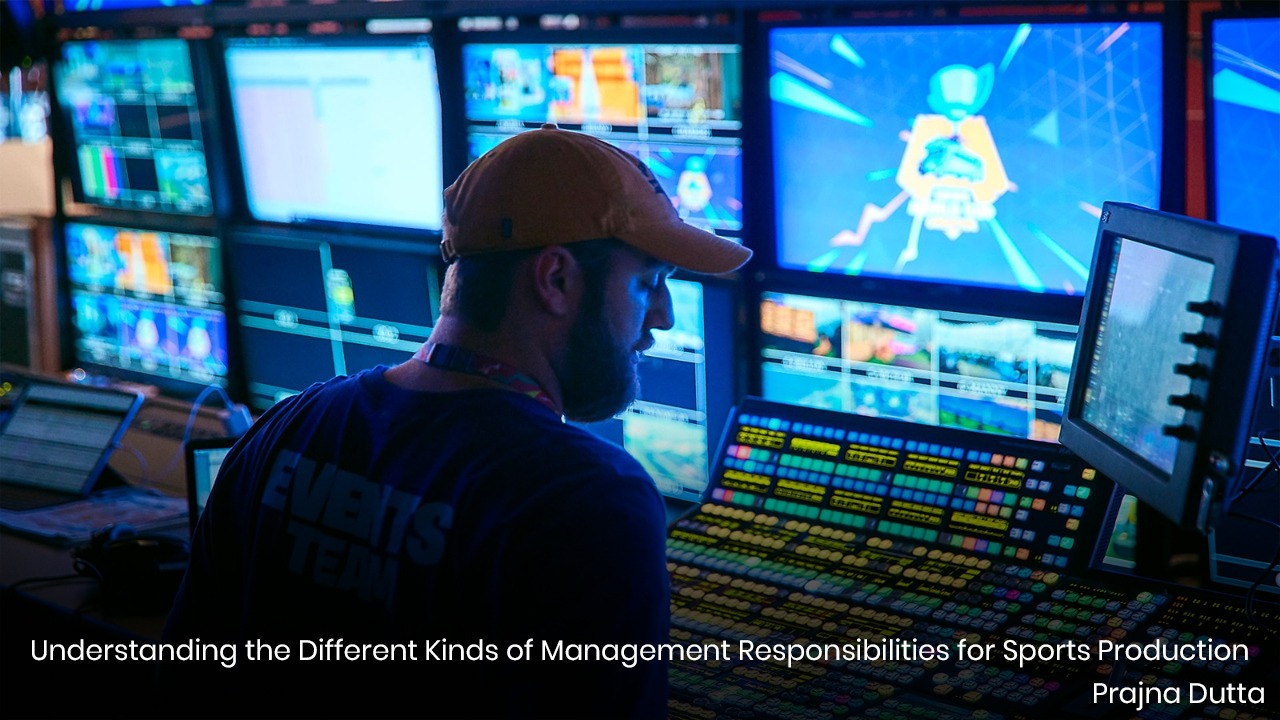Introduction
The world of sports production is a dynamic and multifaceted industry that requires effective management to ensure the successful execution of various events. From live broadcasts to post-production, a wide range of management responsibilities play a crucial role in delivering high-quality sports content to audiences worldwide. In this article, we will explore the different kinds of management responsibilities involved in sports production and the key skills required to excel in this field.
1. Production Management
Production management in sports production involves overseeing the entire process of creating live or recorded sports content. This includes managing budgets, schedules, and resources, as well as coordinating with various teams such as camera operators, audio technicians, and production assistants. Strong organizational and logistical skills are essential for production managers to ensure that each aspect of the production process runs smoothly and efficiently.
2. Technical Management
Technical management is another critical aspect of sports production, involving the supervision of equipment, technology, and technical personnel. This includes ensuring that cameras, audio systems, video switchers, and other technical components are functioning properly and are set up to capture and deliver high-quality sports footage. Technical managers must stay updated with the latest broadcast technologies and be capable of troubleshooting technical issues that may arise during live broadcasts.
3. Broadcast Management
Broadcast management encompasses the planning and execution of the actual broadcast of sports events to audiences. This involves coordinating with directors, graphics operators, and other broadcast personnel to create a seamless and engaging viewing experience for fans. Broadcast managers are responsible for adhering to broadcast schedules, managing commercial breaks, and ensuring that the overall production meets broadcasting standards and regulations.
4. Personnel Management
Managing the personnel involved in sports production is crucial for maintaining a productive and cohesive team. This includes hiring and training production staff, scheduling crew members, and overseeing their performance during sports events. Effective personnel management requires strong leadership and communication skills, as well as the ability to motivate and guide team members in high-pressure environments.
5. Post-Production Management
After the live event, post-production management comes into play, involving the editing, packaging, and distribution of sports content. Post-production managers oversee video editing, graphics integration, and the creation of highlight reels and promotional materials. They work closely with editors, designers, and content distributors to ensure that the final product meets the standards and requirements of the intended audience.
Conclusion
In conclusion, effective management is essential for the successful execution of sports production at every stage of the process. From production and technical management to broadcast, personnel, and post-production management, a diverse set of skills and expertise is required to ensure that sports content is delivered to audiences in a compelling and professional manner. As the sports production industry continues to evolve with new technologies and viewing platforms, the role of management in sports production will remain pivotal in delivering high-quality sports entertainment to fans around the world.

Comments